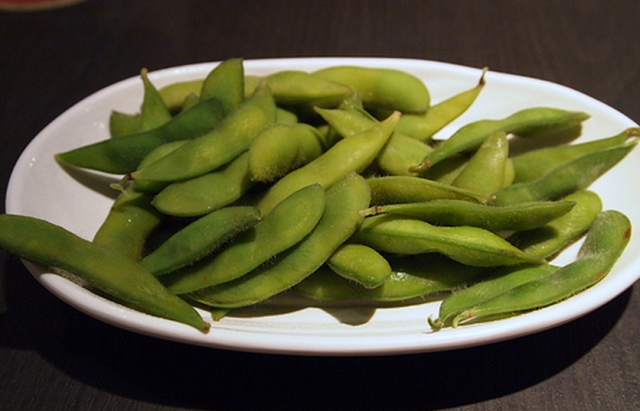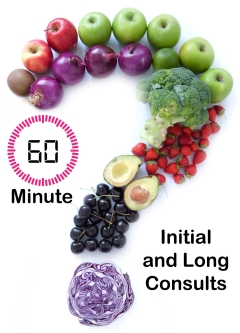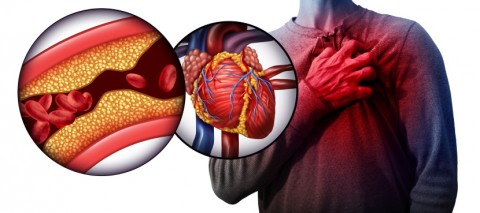DrCarney.com Blog
Soy Foods Reduce Cardiovascular Disease Risk
In 2017, a study that evaluated the relationship between soy food consumption and cardiovascular disease risk revealed that individuals can fend off cardiovascular disease by consuming generous portions of soy foods regularly. The study analyzed nutritional and medical data from 17 published studies. At its conclusion, it was found out that consuming soy foods may be beneficial in the prevention of cardiovascular disease.
Although soy contains 54% of calories from fat, unprocessed soy can improve health if it replaces meat, dairy, or eggs in the diet, according to science I've read.
According to the American Heart Association, an estimated 84 million Americans are suffering from some form of cardiovascular disease and about 800,000 of them die from this disease every year. On a global scale, cardiovascular disease causes around 17.7 million deaths each year, accounting for 31% of all deaths worldwide. Some of the factors that predispose an individual to cardiovascular disease include raised plasma levels triglycerides, c-Reactive proteins, and total cholesterol. Accumulating evidence from scientific studies suggest that contrary to what many believe, the consumption of soy foods can lead to a healthier and better cardiovascular disease risk profile, if that soy is used to replace animal protein.
It is not necessary to eat soy at all if one is already eating a low-fat oil-free whole food plant-based diet of foods that are minimally processed.
Data from a 2000 study titled "Intake of Soy Products Is Associated With Better Plasma Lipid Profile in Hong Kong Chinese Population" indicate that high dietary ingestion of soy foods can help to lower blood levels of total cholesterol. Another study that investigated the association between soy food intake and circulating levels of c-Reactive proteins show that a significant reduction in serum concentrations of these proteins correlated with increased consumption of soy foods. Healthy amounts of cholesterol, triglycerides, and c-Reactive proteins circulating in the blood can help to cut down the likelihood of developing cardiovascular disease.
An average of one person every 40 seconds dies from cardiovascular disease in the United States. Despite the frightening incidence and mortality rates of cardiovascular disease, it is still preventable with oil-free whole food plant-based diets. A study that evaluated the role of exercise, obesity, dietary intervention, and smoking cessation in the prevention of cardiovascular disease noted that around 80% of all cases of this ailment can be prevented by adopting healthy dietary and lifestyle habits. Apparently, consuming soy foods in place of animal products in the diet is a heart-smart move that can help ward off cardiovascular disease.
One caveat is the need to avoid highly processed soy in the form of hydrolyzed soy or soy isolates. Another caveat is that even unprocessed soy is high in fat and may not help with weight loss if eaten in excess. Be sure to buy only organic soy, as this feed crop is otherwise highly like to contain GMO's.
Additional Information:

Debunking the Anti-Soy Myths

Is "Vegan" Soy Protein Isolate a Health Food?
Soy consumption reduces risk of ischemic stroke
One Hour Phone Consult with Dr. Carney

Telephone Food Coaching Sessions with Linda Carney MD
Due to demand for nutritional advice, Dr. Carney's offers Starch-Smart® System "Dietary Care Extraordinaire" Food Coaching telephone sessions. The first sessions is always one hour. Subsequent sessions can be thirty minutes or one hour:
Click Here For 60 Minute Food Coaching Session
Please Note: Food Coaching sessions are not medical appointments and are not intended to replace your own physician. No tests will be ordered and no prescriptions will be provided.
Preview the "Best Blood Pressure Plan" Trailer
More Health, Less Medicine: Why take drugs for life to lower blood pressure? Resolve blood pressures naturally, with less medication! Many of Dr. Carney's patients normalize to need no medicine at all, using science from her Starch-Smart® System. Discover which foods raise blood pressure, narrow the arteries, and damage those all-important endothelial cells. Dr. Carney teaches the best ways to dilate your arteries today, and ditch those meds for good.
When you subscribe to the blog, we will send you an e-mail when there are new updates on the site so you wouldn't miss them.




